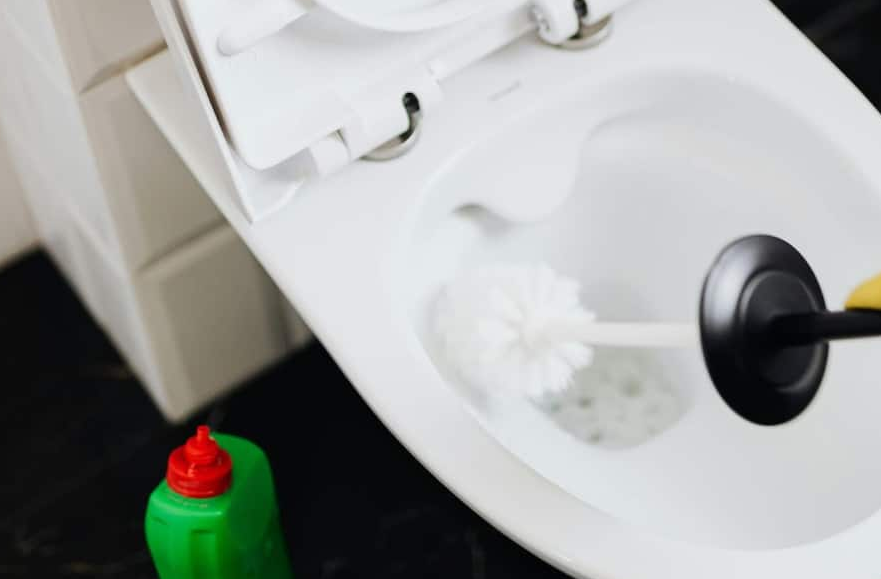Is it better to take a hot or cold bath in winter? Learn about the benefits.
- bySherya
- 12 Nov, 2025

Bathing in hot water damages the cells of the outer layer of skin, increasing the risk of skin disease. Many doctors also advise that bathing in winter should be done with lukewarm water.

What kind of water is right for bathing in winter?
As soon as winter begins, the biggest question that often arises is whether to take a bath in the morning. Even if you have decided to take a bath, the next problem is whether to take a hot or a cold bath. Many people believe that hot water is better in winter because it relaxes the body, relieves fatigue, and provides relief from the cold. Some people say that hot water is harmful to both skin and hair because it removes the body's natural oil layer. So, let us tell you today whether it is better to take a hot or cold bath in winter.
What do experts say?
A 2022 report in the International Journal of Scientific Research and Engineering Development states that bathing in hot water damages the cells of the outer layer of the skin, increasing the risk of skin diseases like eczema. Many doctors also advise that the water used for bathing in winter should be lukewarm. However, one should avoid bathing in very hot water. Excessively hot water dries out the skin, a condition known as xerosis. Some experts also state that the natural oil present on the upper layer of the body protects the skin from bacteria and dust. When we use very hot water, this oil layer is completely destroyed, leading to increased itching, redness, and dryness of the skin.
What are the disadvantages of bathing with cold water?
Experts say that suddenly taking a cold shower during extreme cold weather can be dangerous. In fact, exposure to extremely cold water constricts blood vessels, causing a sudden increase in blood pressure and a rapid heartbeat. This can also increase the risk of heart attack or stroke, especially in those with pre-existing heart or blood pressure problems.
What opinion do doctors give?
Doctors say that bathing in very cold water can cause problems like chilblains, which can cause swelling, burning, and blueness in the hands and feet. Doctors say that bathing in lukewarm water is the safest and most comfortable in winter. Applying moisturizer afterward is essential to maintain skin moisture. In rural areas, people often bathe with hand pump or borewell water, which can feel either cold or warm depending on the weather. Experts say that this water often contains high amounts of minerals, making it hard water. Such water strips the skin of its natural oil layer and damages hair texture. For this reason, doctors recommend always using lukewarm water for bathing, whether winter or summer.






